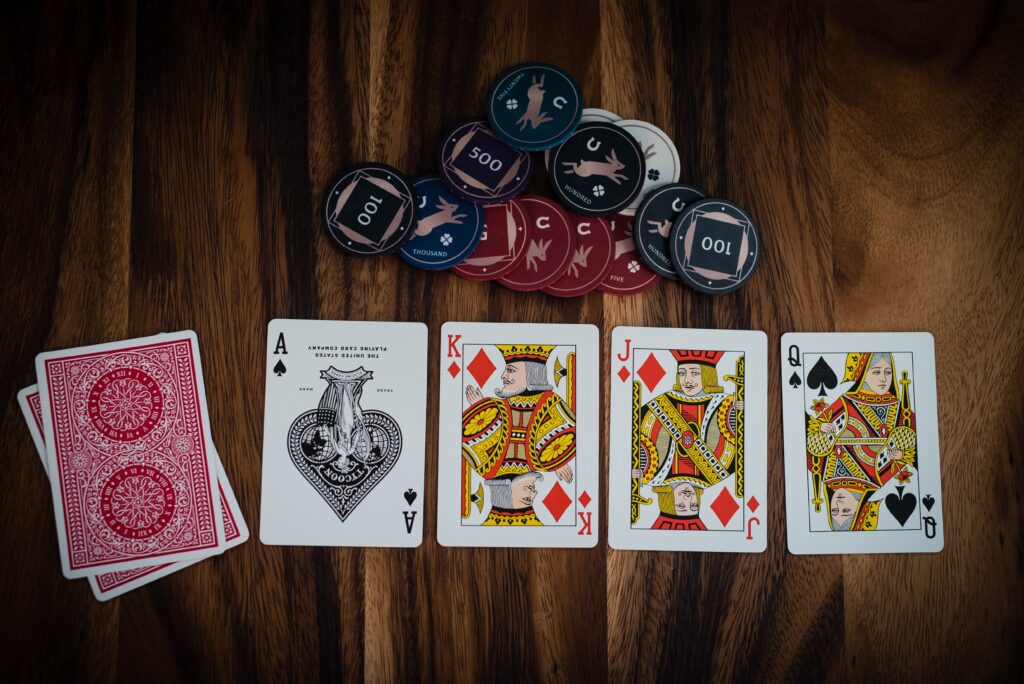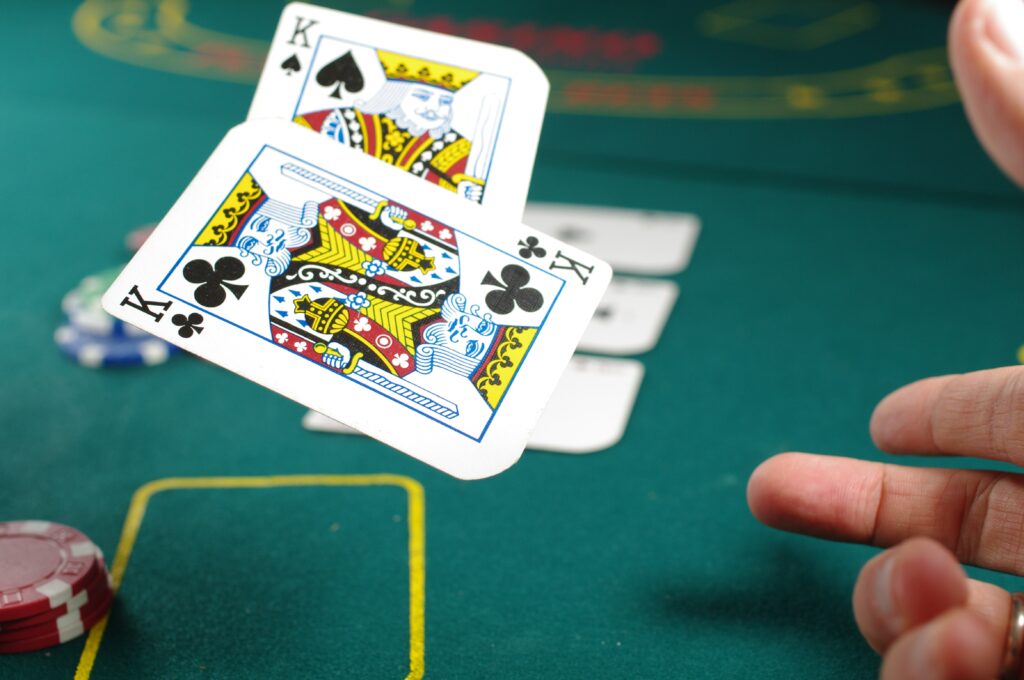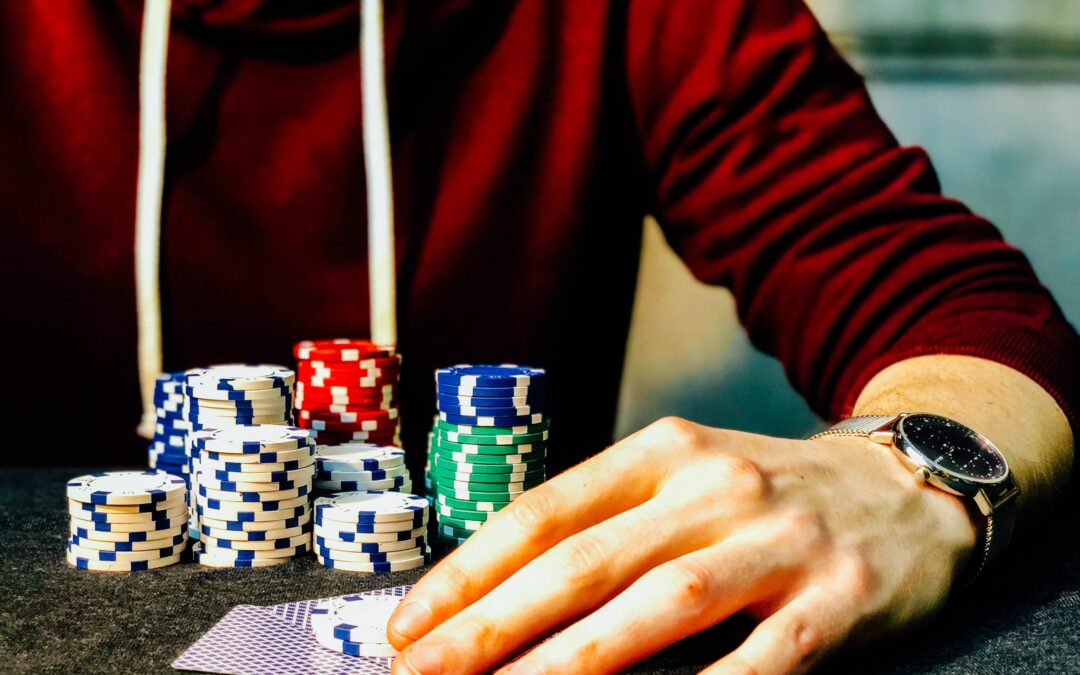Poker is a game that perfectly combines skill and luck. Well developed skills are something that you can have full control over. You never know if you will be lucky enough to fold at the right moment. You need to leave your belief in luck at the door.
Becoming a good poker player can be achieved only by improving your poker knowledge and getting to know more tricks and strategies. Continuous improvement and trained skills will let you play with the best, and fast enough, you will realize that it wasn’t that hard to learn how to beat them.
When learning any new competency, you have to go through the necessary training, with some easy stages and some complicated ones. But never give up, as those tips can make you play poker at a level that will allow you to compete with others.

Bluffing is Fine, Just Don’t Do it too Often
Especially when you play against recreational (we can just call them bad) poker players, please remember that these people tend to call a lot when they have weak hands. Refrain from bluffing them too much, just be patient, and wait for a good hand. It is a key to success when facing weak players.
In the beginning, stick to one rule – play when you have good cards and fold when you have weak ones. You can click – https://online.casino/, to try out this strategy for the first time. But remember, when you are raising the stakes, and play against stronger players, you can’t keep yourself from bluffing, because they will undoubtedly play more aggressively. You will need to learn how to beat them, but for now, this strategy is your best choice.
Don’t Exceed Your Bankroll
Before jumping into the game, think about the money, and how easy it is to lose it in poker. Learning new skills shouldn’t cost you more than you can afford, so keep to a set budget with your bankroll. The Bankroll is the amount of money you’ve set aside to play poker. Playing within your bankroll will prevent you from losing a lot of money. But how can you know how much money you need? It is quite simple.
Let’s assume that the buy-in costs $10. There are natural ups and downs in a game, so you should be prepared to lose (or win) even five buy-ins in a row. We can estimate that having the equivalent of 15 buy-ins will let you stay in a game, and you won’t go broke in a single session. Considering the amount mentioned above of the buy-in, you’ll need $150.
Be Aggressive
Even if you have your first poker games ahead of you, there are several reasons why you should dare to play hard. Playing an aggressive game can win you a lot of profit, so try to use this advice and start betting and raising. Always put maximum pressure on your opponents, and don’t make the mistake of playing cautiously and putting yourself in a weaker position.
Checking and calling are the actions inherent in passive play. If you do it often, your opponents will mark you as the one that caves under pressure. You’ll be pushed around by stronger players, and no one will fold, because they know you are not even considering an aggressive play. Don’t be afraid, and in order to win big, bet big.

Develop Your Skills
Think of learning how to play poker as a kind of challenge. In order to accomplish this task, you must invest in your skills. Your poker knowledge is something that will improve your results, and you don’t necessarily have to learn it from a professional player.
There are tons of books and online poker training guides you can use. Knowing how to win at poker is no longer the mysterious secret hidden by the greatest players. Today, everyone can be successful at poker, and all you need is patience and persistence.
Conclusion
If you are willing to work hard and invest in your knowledge, there is no other possibility than succeeding in poker. The above tips will help you avoid the beginners’ mistakes and will improve your skills significantly. If you want to play poker professionally in the future, remember that developing “good habits” at the beginning of your learning process gives you a great advantage over your opponents.
It is tough to change once learned habits later, so make sure you read good books only, and play with strong players that can teach you something. It is not that long a stretch from being a beginner to becoming a professional player. Even if learning a new competency frightens you in the beginning – don’t worry. Just remember to play the game within your bankroll, and most importantly – have fun!
